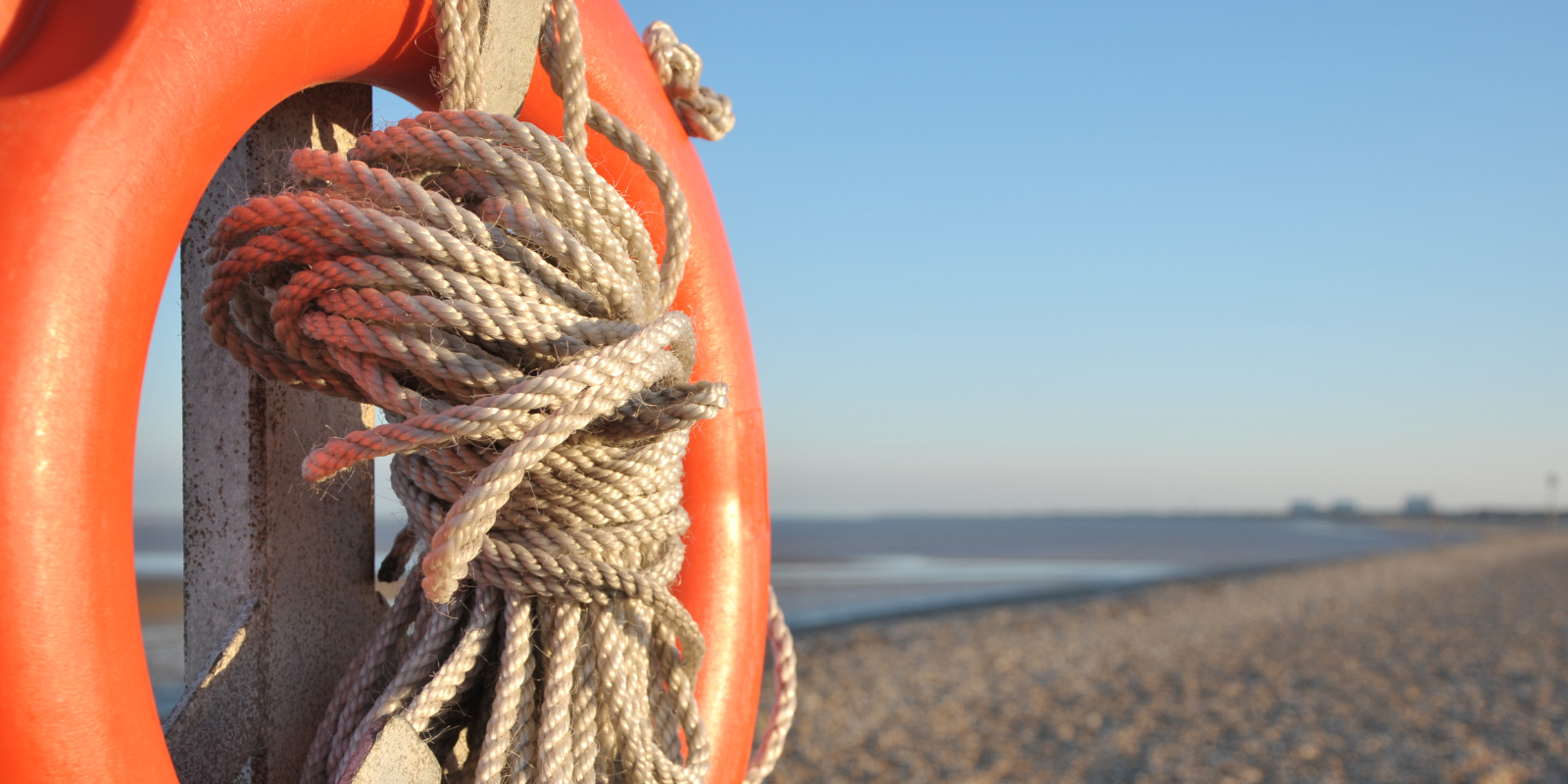What Will It Take For Us To Act?
Join us as we think through the complex interplay between lifelines and deadlines. Which of these are more important and what do we need more of now?
Paul Dickinson is the founder of CDP, a not-for-profit charity that runs the global disclosure system for investors, companies, cities, states and regions to manage their environmental impacts.
Published
18 May 2023

We’ve so dangerously altered the chemical balance of the atmosphere we depend upon that it’s literally changing the world as we know it. We’re taking and taking from nature, even as science and common sense tells us we need nature to thrive if we want to survive. Yet we still promote and subsidise the fuels that are laying waste to the atmosphere, and still value our economies on the basis of a linear, extractivist model. If we remain stuck in this nonsensical morass of madness, how can we hope to push through the climate crisis to the other side?
In actively seeking a sensible answer, I found myself at the root of the issue, contemplating what it ultimately means to be a human being and realising that we needed a new Outrage + Optimism mini-series to unpack the nuance and complexity. I was delighted that Fiona Macklin, an expert on climate action, systems change and policy development, and Dylan Tanner, Executive Director of Influence Map agreed to join me in this quest.
It starts with the human experience and the insight that care lies at its heart: being cared for and caring for. As children, if we are fortunate, we are cared for and kept safe. This care helps shape our opportunities and outlook on the world. And human beings really do enjoy caring for each other. The simple act of helping others out happens more often than not and transcends cultural differences. The more we care for others, the greater happiness and security we will have, because this is what builds community.
Most advanced economies, therefore, have some form of welfare state or safety net for their citizens. In the UK, for example, all citizens enjoy free universal healthcare. Nearly every state has armed forces protecting the territory from invasion. We have laws to preserve ‘Health and Safety’ and fire services for fires and police to combat crime. Outside the huge Central Criminal Court building in London are the words carved in stone: ‘Defend the children of the poor…’ And in many parts of the world we build great monuments to honour those who’ve given their lives to keep us safe.
When it comes to climate, science has made clear the hard limits we are up against - the deadlines that must be met in order to safeguard against disaster. We know we must reduce emissions 7% each year. We know that it will be impossible to do that with voluntary efforts alone.
The Paris Agreement, the U.S. Inflation Reduction Act and the European Union Green Deal are a few examples of key lifelines. But are they enough, in time, in order to avoid the unthinkable? How might we begin - based on our irrefutable and innate desire to care for each other - to properly match these lifelines with scientific deadlines so that we might thrive and prosper?
Join us on the podcast as we delve into this epic subject. We speak with the forensic historian Naomi Oreskes, and US Senator Sheldon Whitehouse, who holds very influential positions including as chair of the United States Senate Committee on the Budget. His comments about the corruption of democracy through fossil fuel related lobbying need to be heard. We also talk to Chris Skidmore, a member of the UK Parliament who as a minister signed Net Zero into law, and senior executives of two huge insurance companies.
We’re also joined by NGO, corporate and think tank leaders like Georgina Beasley of the Net Zero Lawyers Alliance, Joshua Amponsem co-founder of Green Africa Youth Organization, Shyla Rhagav Vice President of Climate Change at Conservation International, Dr Ellen Quigley Special Adviser to the Chief Financial Officer at the University of Cambridge, Lord Adair Turner Chair of the Energy Transitions Commission and Paul Polman, former CEO of Unilever.
Fiona wanted this mini-series to be called ‘Lifelines versus Deadlines’ because she feels deeply that we are frightening ourselves into paralysis and apathy, and that is true, whilst also acknowledging these deadlines are critical as scientific limits. She sees the policy instruments of government as the lifelines that can save us, and I agree. To make the way out of this nightmare clear, I also added a summary of where I think the climate change movement is right now, with us clearly understanding: ‘the need for science-based policy’.
The infinite promise of the future is ours to keep! This isn’t a game, but a disaster movie we are all in! It is super exciting in a scary way. Do we dare to care? Join us and find out.







